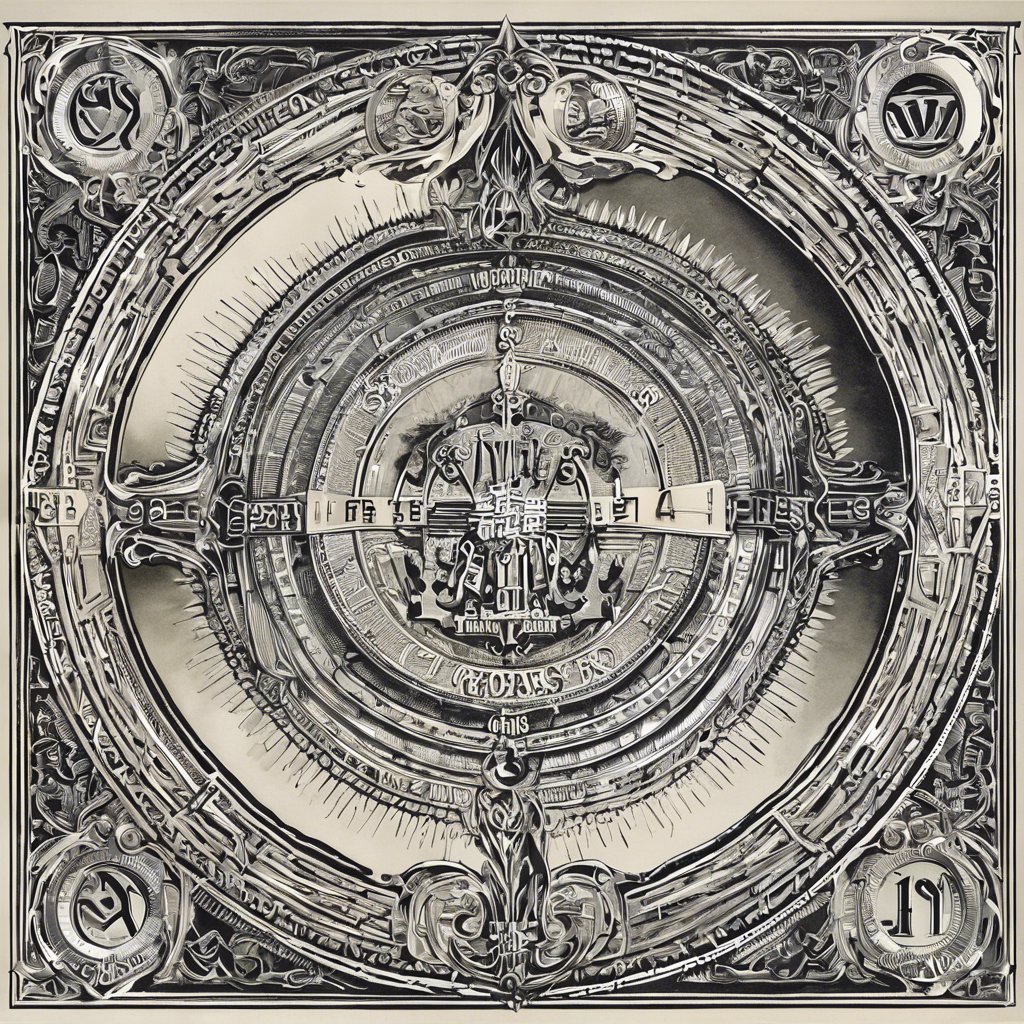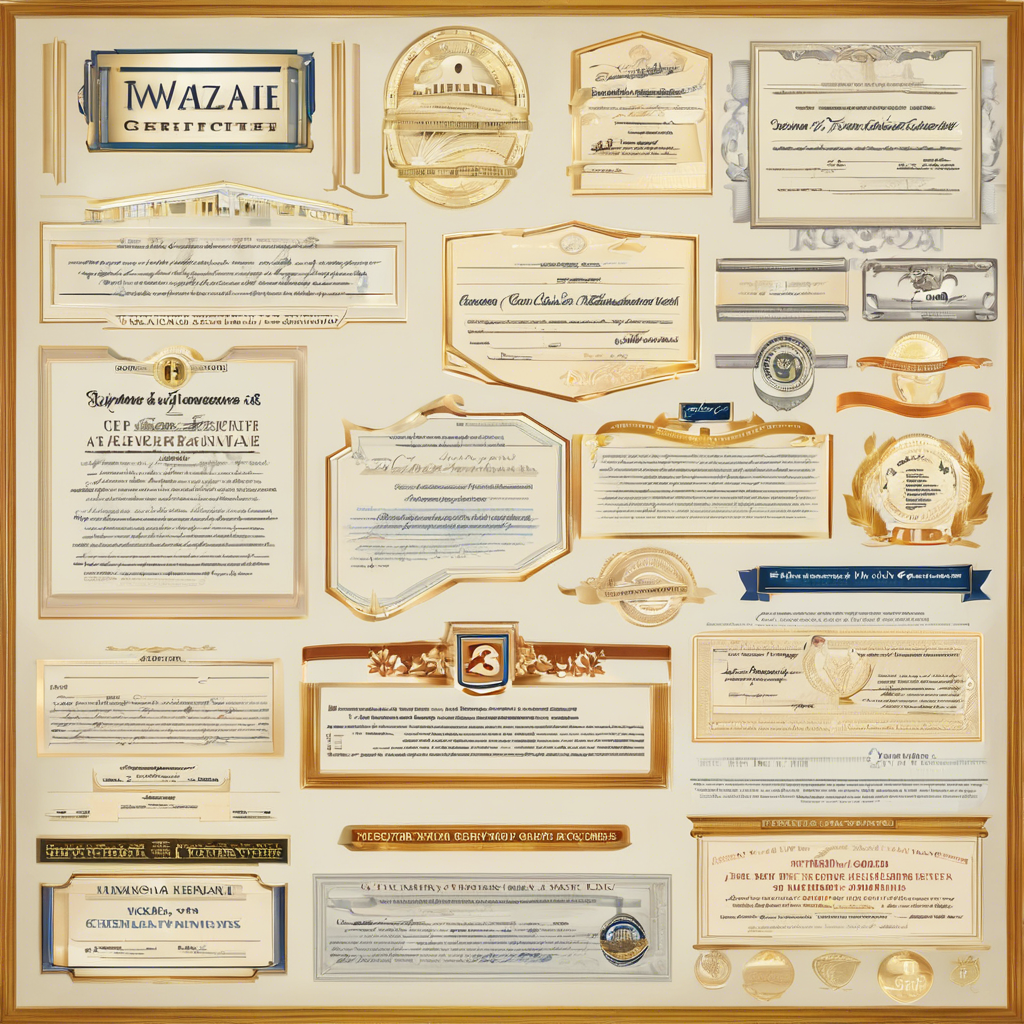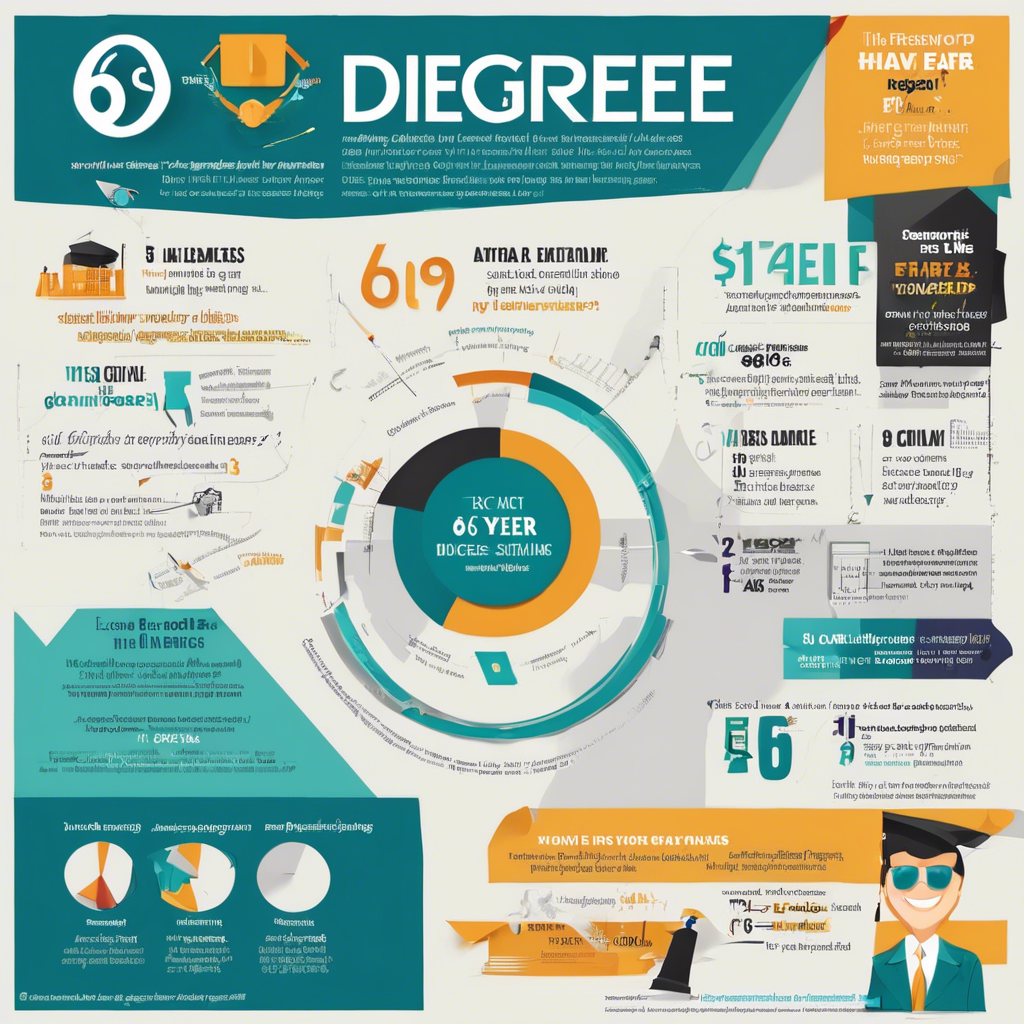What degree is a 100% grade?
In the American education system, grades are typically given as a percentage based on a student’s performance in a particular course or subject. A 100% grade is often considered the highest achievable score, representing perfect or near-perfect performance. However, the interpretation of a 100% grade can vary depending on the grading scale used by the … Read more










